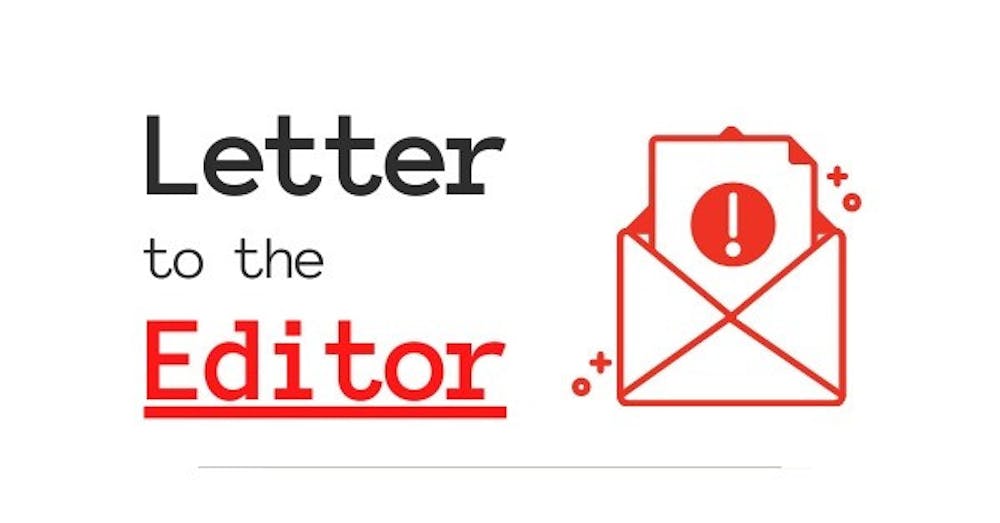Dear Editor,
I am the Open Educational Resources Librarian at the University of New Mexico, and I am also the principal investigator on a Department of Education grant that awarded UNM nearly $2.125 million to create an OER consortium in New Mexico. One focus of my work is to save students money on textbooks.
UNM has scheduled a virtual Town Hall Meeting from 2-3 p.m. on Thursday, Jan. 30 to discuss the fall 2025 implementation of a flat-rate automatic textbook billing program for undergraduate students. I urge all faculty and administrators to learn more about this program.
Some UNM faculty and students are already using Inclusive Access for courses upon faculty request. Inclusive Access provides course materials, textbooks and courseware on the first day of classes. Students are charged through their student account, and they can choose to opt out.
Publishers like McGraw-Hill have published case studies that illustrate positive outcomes from students who participate in Inclusive Access programs. Still others report that Inclusive Access and Open Educational Resources both have been shown to increase student savings and improve students’ experience in the classroom.
While Inclusive Access is administered on a course-by-course basis at the request of an instructor, flat-rate automatic textbook billing is administered campus-wide regardless of the courses a student takes. UNM uses RedShelf for Inclusive Access, and RedShelf may also be used to implement their flat-rate automatic textbook billing program called Equitable Access.
The program would deliver course materials for one price, including textbooks and courseware, to the whole student body through Canvas. The single price tag is often an average of what all students pay: students in fields with expensive course materials will save money, while others will pay more than they used to. Currently, the price is slated to be $279 per semester. Student bursar accounts would be automatically charged, and students could opt out.
Automatic textbook billing grew out of 2016 federal regulations that govern how student financial aid should be used. The Department of Education’s Rule 164 states that the cost of books and supplies can be included as part of tuition and fees as long as they are below competitive market rates and students can opt out. An antitrust lawsuit followed, and a district judge ruled in favor of Inclusive Access.
At first look, this model might seem fair because students are being charged below-market-value prices; however, textbook publishers have inflated the value of their materials. Between the 1980s and early 2000s, textbook prices increased at three to four times the rate of inflation, creating the textbook affordability crisis.
By giving students discounted access to already-inflated materials, publishers can create the appearance of savings without undercutting their profits. The Public Interest Research Group voiced concern over textbook publishers having unclear pricing terms and mandated quotas in their 2024 report.
More research is needed to confirm that a flat-rate, campus-wide automatic textbook billing program would support positive student outcomes before UNM commits to increasing fees for many students. For example, one large-scale pilot of Inclusive Access that included over 47,000 students across 141 courses at 13 community colleges found no statistically significant difference in the success rate for students overall, nor for students classified as non-white, Pell-eligible, or adult learners over the age of 25.
By contrast, an OER study that examined withdrawal rates of more than 78,000 students across 11 studies found that courses with open textbooks had withdrawal rates that were 29% lower than courses with commercial textbooks. For more OER research, check out the Open Ed Group’s Review Project.
Get content from The Daily Lobo delivered to your inbox
Regarding the student experience with flat-rate automatic textbook billing programs, one small scale survey funded by the Michelson 20MM Foundation gathered data about students who were automatically charged for their textbooks. The survey found one in five students did not know they could opt out, and over half of students did not believe automatic textbook billing saved them money — they chose not to opt out because it was easier. These findings are similar to a different 2024 study at a small public liberal arts college.
A letter-to-the-editor* is not enough space to cover all the points surrounding flat-rate automatic textbook billing programs. We owe it to UNM students to research these programs fully before we commit to implementing them. A good starting point is inclusiveaccess.org, which is maintained by SPARC, an organization first developed in 1998 by the Association of Research Libraries to promote open access to scholarship.
Sincerely,
Jennifer Jordan
*The opinions expressed here are my own and do not necessarily represent the views of the University Libraries or the University of New Mexico.
Jennifer Jordan is the UNM OER librarian and an assistant professor at the College of University Libraries and Learning Sciences.






